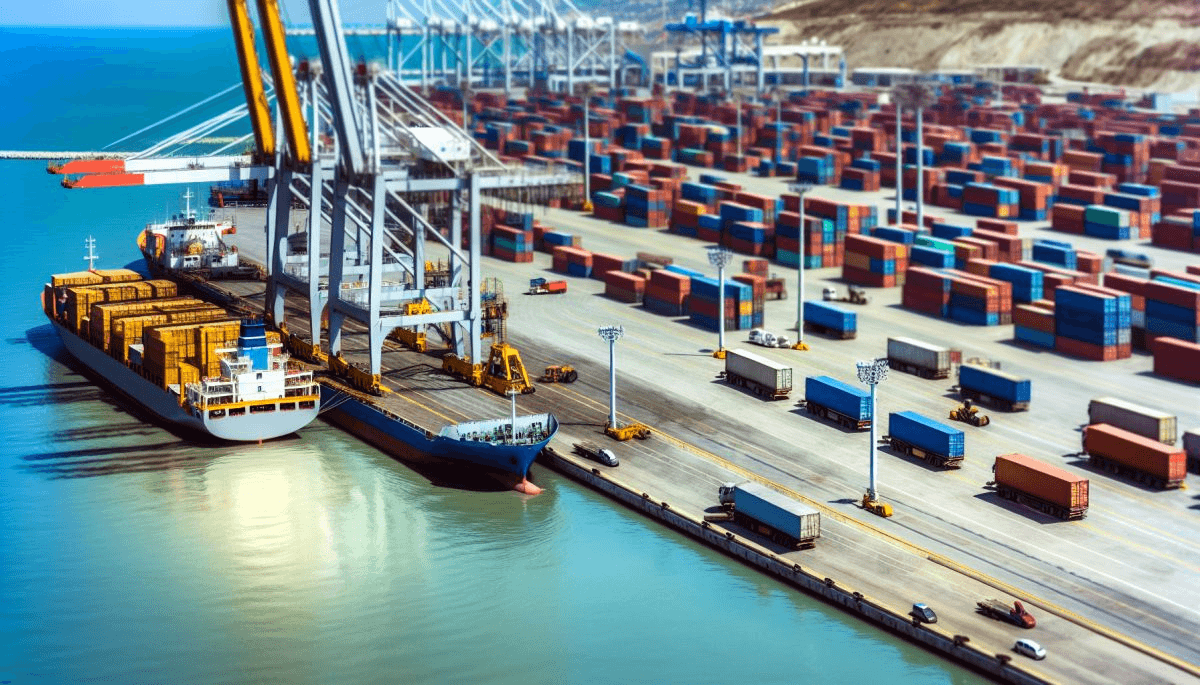Navigating the New Silk Road: Georgia's Place in Global Trade
Georgia is emerging as a pivotal player in international logistics, strategically positioned on the New Silk Road. This country serves as a crucial corridor between Europe and Central Asia, primarily through its key ports of Poti and Batumi. These gateways facilitate a wide array of shipping services, including Ro-Ro transport, container, and heavy project logistics, making Georgia a go-to hub for efficient maritime routes.
The Importance of Poti and Batumi Ports
Both the Poti and Batumi ports are strategically vital for connecting Europe to Central Asia. As the New Silk Road revitalizes ancient trade routes, these ports have become more than just transition points; they are dynamic logistics centers. The ports offer advanced infrastructure, skilled workforce, and are crucial for handling heavy freight volume efficiently. Container shipping Georgia operations are robust, welcoming increased trade volumes year-on-year.
Ro-Ro Shipping: A Game-Changer in Georgia
Ro-Ro shipping Georgia has revolutionized the way goods move through these corridors. Ro-Ro transport services, which allow vehicles to be driven onto ships, have significantly cut down the time and cost of freight shipping. Being one of the most efficient methods of shipping for heavy and bulky items, Ro-Ro is a core component of the Georgian logistics industry. The strategic location and contemporary services at Poti and Batumi enhance the efficiency of marine logistics dramatically.
Bridging Europe and Central Asia
The logistics routes through Georgia's Poti and Batumi ports are pivotal in linking European countries, notably via Bulgaria and Romania, with Central Asian destinations like Azerbaijan, Turkmenistan, Uzbekistan, and Kazakhstan. These corridors are indispensable for project logistics Georgia and heavy freight operations, showcasing the strategic importance of Georgia in global trade networks.
The Role of Turkish Companies
The routes are increasingly being utilized by Turkey shipping companies operating in the region. Georgian ports offer Turkish companies a reliable transit route for international freight Turkey, enhancing their operational scope and reaching broader markets with ease. Given Georgia's proximity and advanced port facilities, Turkey's project cargo operations leverage these channels effectively to maximize efficiency and minimize transit times.
Conclusion
As the world increasingly looks at diversifying trade routes, Georgia stands as a testament to strategic planning and robust logistics initiatives. Poti and Batumi have positioned themselves as key cogs in the ever-evolving world of maritime trade, providing a bridge between continents and driving forward the economic prowess of the New Silk Road. Consequently, the future of international trade through Georgian ports is poised for remarkable growth.

